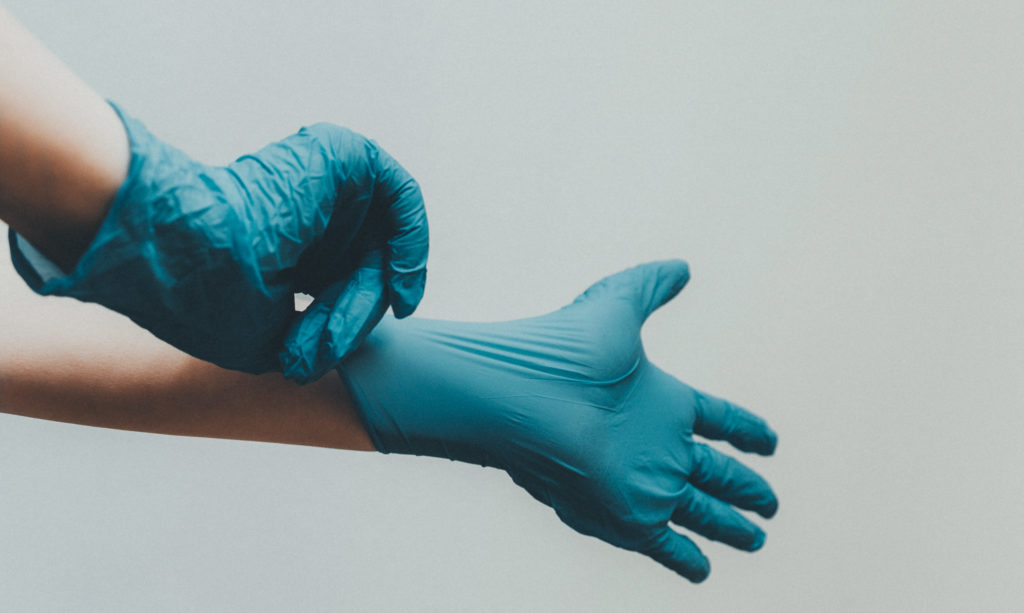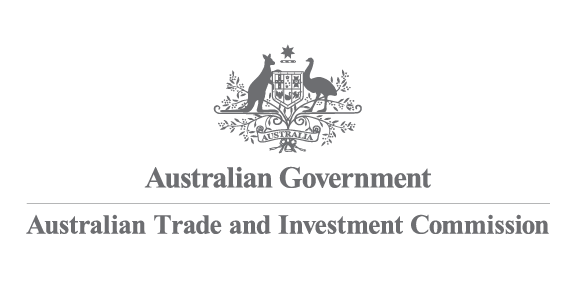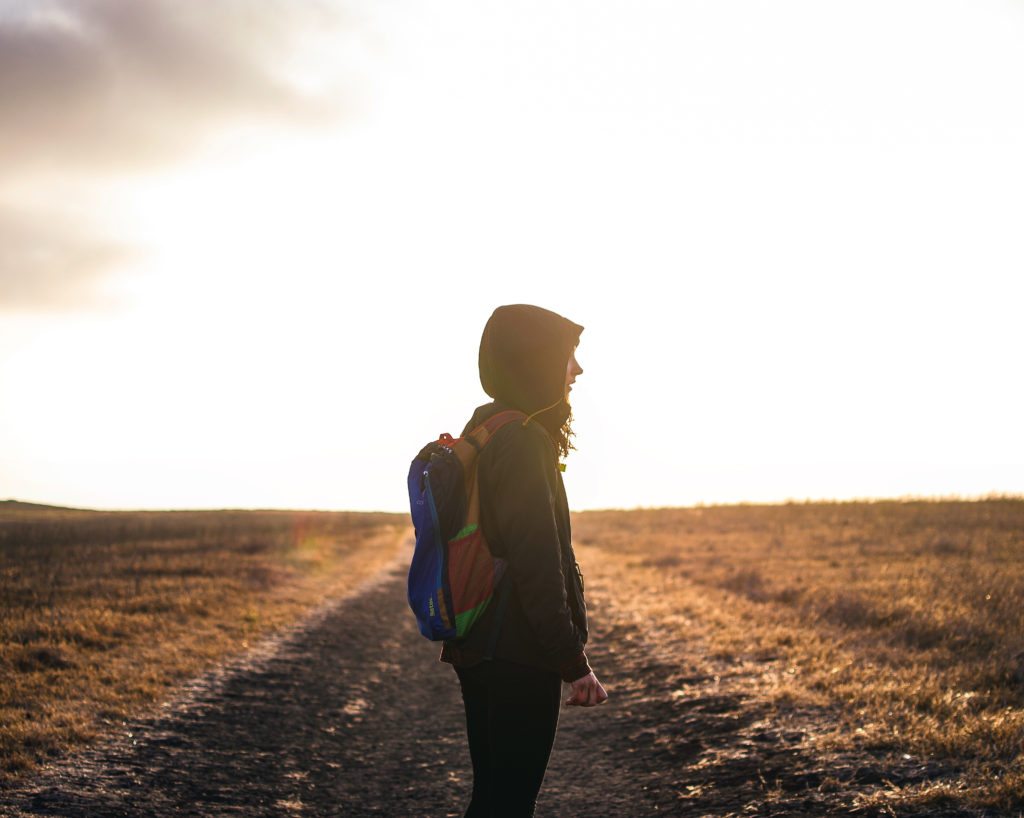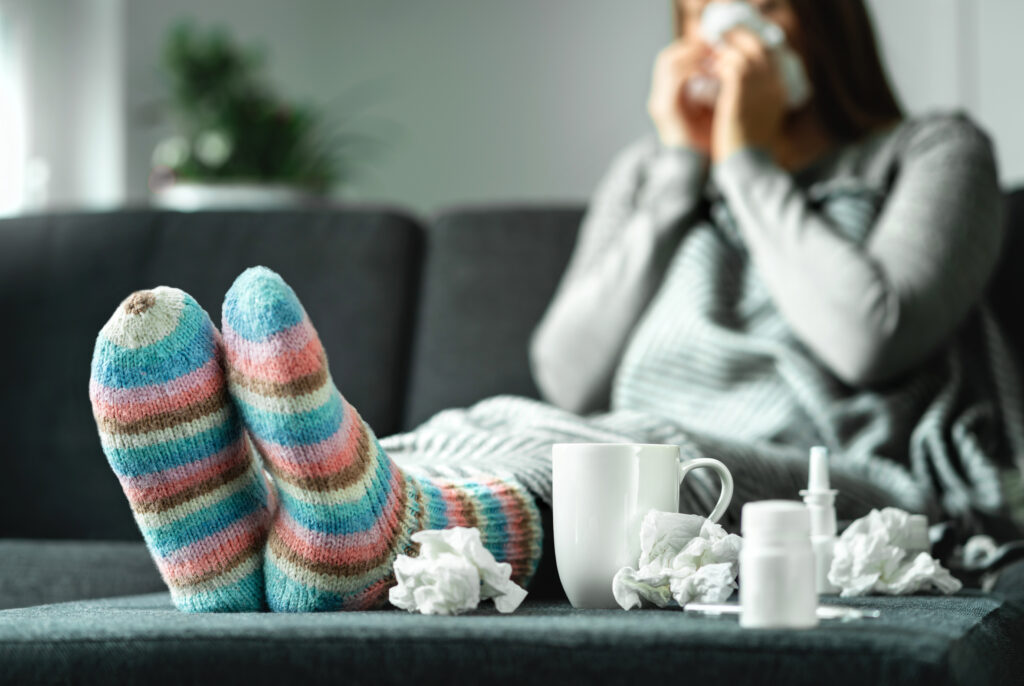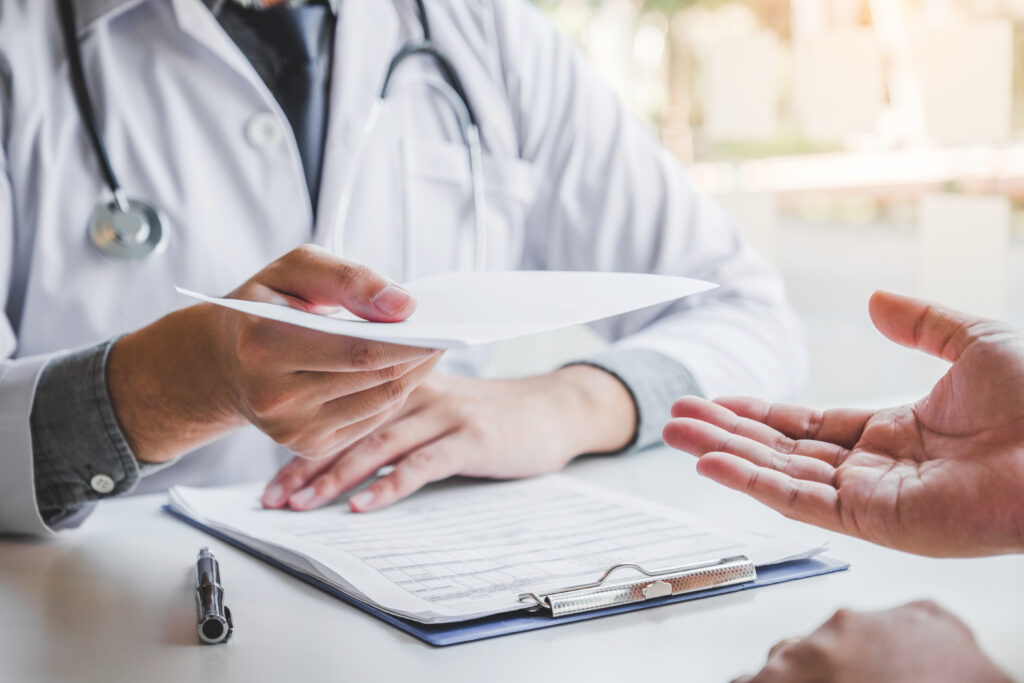During these uncertain times, you might be finding it extremely difficult to find simple answers to your questions about coronavirus symptoms, when to see a doctor and how to prevent the spread of the virus. But, don’t worry! We reached out to Australian doctors, including Dr Chris Rook from Globe Medical, for their answers and advice on various COVID-19 questions.
*Information correct as of 20 March 2020
A brief overview of coronaviruses
- They are a family of viruses that look like a crown (corona) under microscopy
- Some (roughly seven) cause common diseases, like colds, others cause severe disease like we are seeing with our current COVID-19 (SARS-2)
- Some affect animals alone, while some affect both animals and humans
- They usually produce respiratory infection
What are the main coronavirus symptoms?
- Currently, the Department of Health is reporting that common symptoms include fever, cough, sore throat, fatigue and shortness of breath
- This does not necessarily mean that having one of these symptoms means you have COVID19 – they are non-specific symptoms and can be caused by other illnesses as well
- All published data regarding symptomatology is very preliminary, and should be taken with a grain of salt
As summarised by Dr Rook:
“In most cases, the Coronavirus (COVID-19) presents with cold-like symptoms – in particular, fever, cough, and sore throat. Less commonly, body aches, headache, and even diarrhoea. Although a runny nose and sneezing are not usually a feature, this is present in some people.”
When should I decide to get tested for COVID-19?
In response to COVID-19, you should always follow the local guidelines regarding testing protocol to avoid saturation of medical resources. For example, South Australian guidelines, as outlined by Dr Rook, are as follows:
“As at 20 March 2020 in South Australia, most people with any combination of fever, cough, and sore throat – will have a simple cold. However, if you have:
- travelled internationally in the last two weeks
- have had contact with a known case of COVID-19, or
- have a fever, cough, sore throat and feel short of breath,
then you should call your GP clinic for advice.”
- The National Coronavirus Helpline has been established to advise, case-by-case, whether or not someone should be tested. The Helpline number is 1800 020 080 and is open 24/7
- If you have serious symptoms, such as severe shortness of breath, you should call an ambulance via Triple Zero (000)
How should I make an appointment?
If you have developed symptoms as described on the health.gov.au website within 14 days of being in contact with a known case or returning to Australia from overseas, you should call your local doctor to advise on how to present for an appointment. GP practices have protocols in place for people with possible infection who would like to make an appointment. Just make sure you have contacted the practice in advance.
Dr Rook offers the following advice when it comes to making an appointment:
“Better Medical is advising people to telephone their GP clinic or healthdirect on 1800 022 222 for advice. If your doctor thinks you need to be tested, there are various avenues available:
- A drive-through clinic (must be organised by your doctor)
- Fever clinics in select hospitals
- In some cases, a domiciliary visit (home visit) can be arranged by your GP
- Some clinics are able to test you on-site.”
Should I be going out or seeing friends?
Leaving your home should be restricted to necessity only. Reducing the spread is the most important thing we can all do to ensure the public health system is not overwhelmed. We don’t know in what volume, but it seems some people will carry the disease (and potentially spread it) without, or before, showing any symptoms.
Dr Rook explains:
“One of the best tools we have to prevent spread is social distancing. Please avoid large groups of people and try to stay two metres away from others and practice good hand hygiene. Soap and water and the alcohol hand gels are effective for disinfecting hands. Try to avoid touching your face. If you have travelled internationally in the last two weeks, or have had contact with a known COVID-19 case, you should NOT go out and are required to self-isolate for 14 days. In this situation, if you develop symptoms, you should arrange to be tested.”
Instead, organise social gatherings via online platforms like Discord or Skype. Although young people are statistically less likely to die from COVID-19, they can become severely ill. What is more important is that young people will consume ICU beds and ventilators.
Who should I call if I am concerned?
- If you are concerned due to serious difficulty breathing, call Triple Zero (000)
- Call your GP clinic – do not go to the clinic before speaking with reception staff via telephone
- For advice, call the National Coronavirus Helpline on 1800 020 080
- Call healthdirect on 1800 022 222
What are good hygiene practices to follow to avoid infection?
- Social distancing – try to maintain a 1.5-2 metre distance from others and avoid large groups.
- Wash your hands often with soap and water, before and after eating and after going to the toilet. Check out Hand Hygiene Australia for tips on how to wash your hands properly
- Cough into your elbow, or use a tissue when coughing or sneezing and dispose of tissues and wash your hands immediately
- Regularly clean surfaces that are touched often, such as door handles, light switches, and kitchen and bathroom areas. Clean with household disinfectant or detergent
How can I keep other people safe? What preventive measures should I undertake?
As outlined by Dr Rook:
“If you are unwell, please stay away from people as much as possible (1.5-2 metres) and self-isolate. Keep your distance from vulnerable people – particularly the elderly and those with other medical problems. Use hand, cough, and sneezing hygiene precautions.”
Does my OSHC cover treatment?
Should you have any questions or concerns about the coverage, please speak to your OSHC insurer.
How should I look after my mental health during times of isolation and social distancing?
This is going to be a tough time for everyone, but remember you are not alone – even if you might be isolated or distanced. Remember to:
- Call your loved ones frequently
- Catch up with your friends on online platforms
- Exercise – keep your body active and your mind at ease
- If you need someone to talk to, someone is always available at organisations like Lifeline or headspace (whether over the phone or via webchat)
- Call Lifeline on 13 11 14
- Call headspace (for under 25s) on 1800 650 890
- Remember that for all health-related enquiries, you can reach out to:
- Department of Health
- The National Coronavirus Helpline on 1800 020 080
We are all in this together, and there is no shame in needing to talk to someone – it is brave to do so.
For more information and news updates on COVID-19, make sure to check out our resource hub.
Study in Australia is the Australian Government’s official resource for international students. Study in Australia partners are here to support the Australian international education community. Whether you’re in Australia or abroad, visit www.studyinaustralia.gov.au or follow the Study In Australia social media channels for up-to-date COVID-19 information for international students.
Study in Australia Facebook
Study in Australia Instagram
Study in Australia Weibo (澳大利亚政府教育推广官方微博)
Study in Australia WeChat (澳大利亚政府教育资讯)

